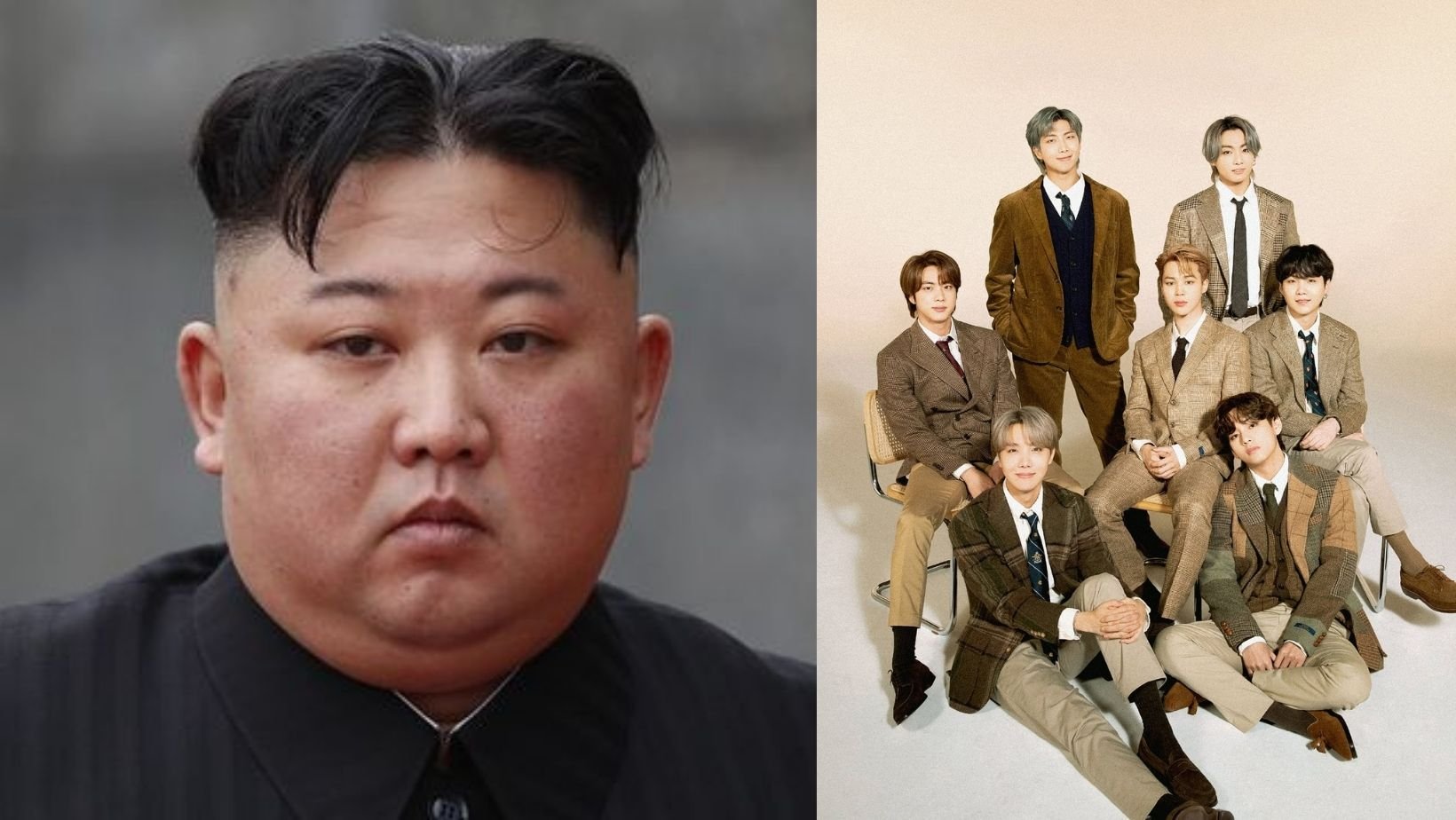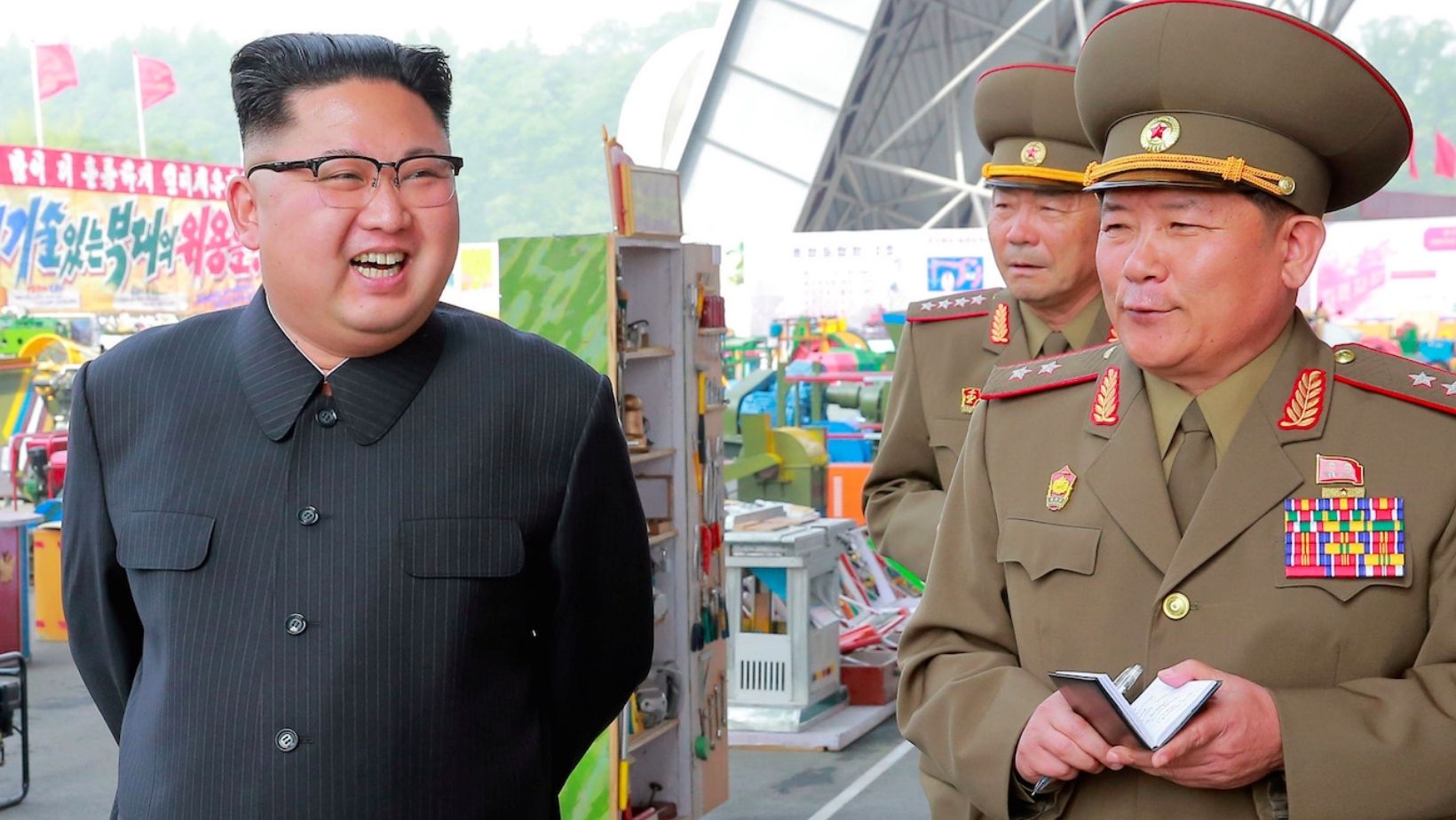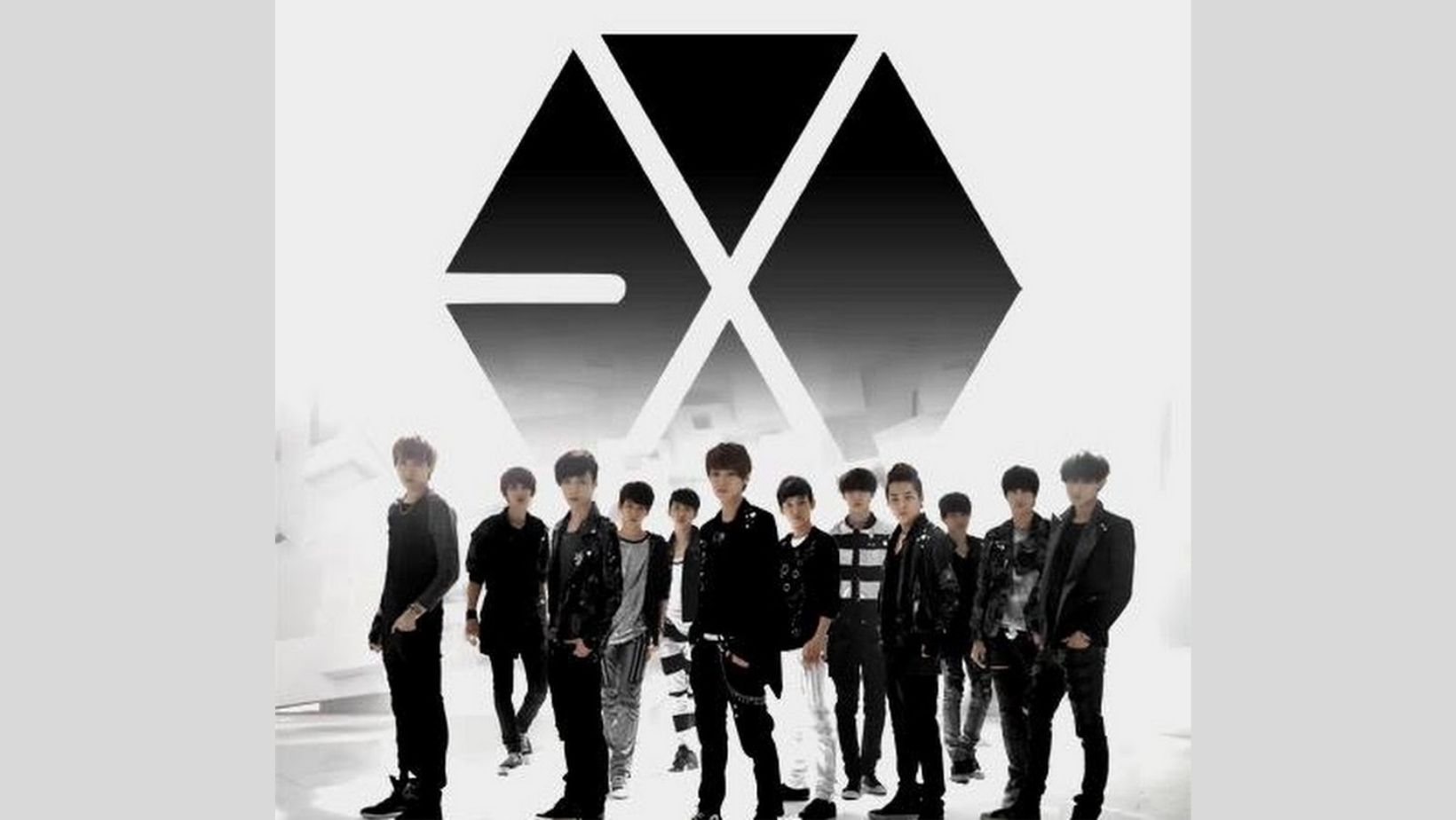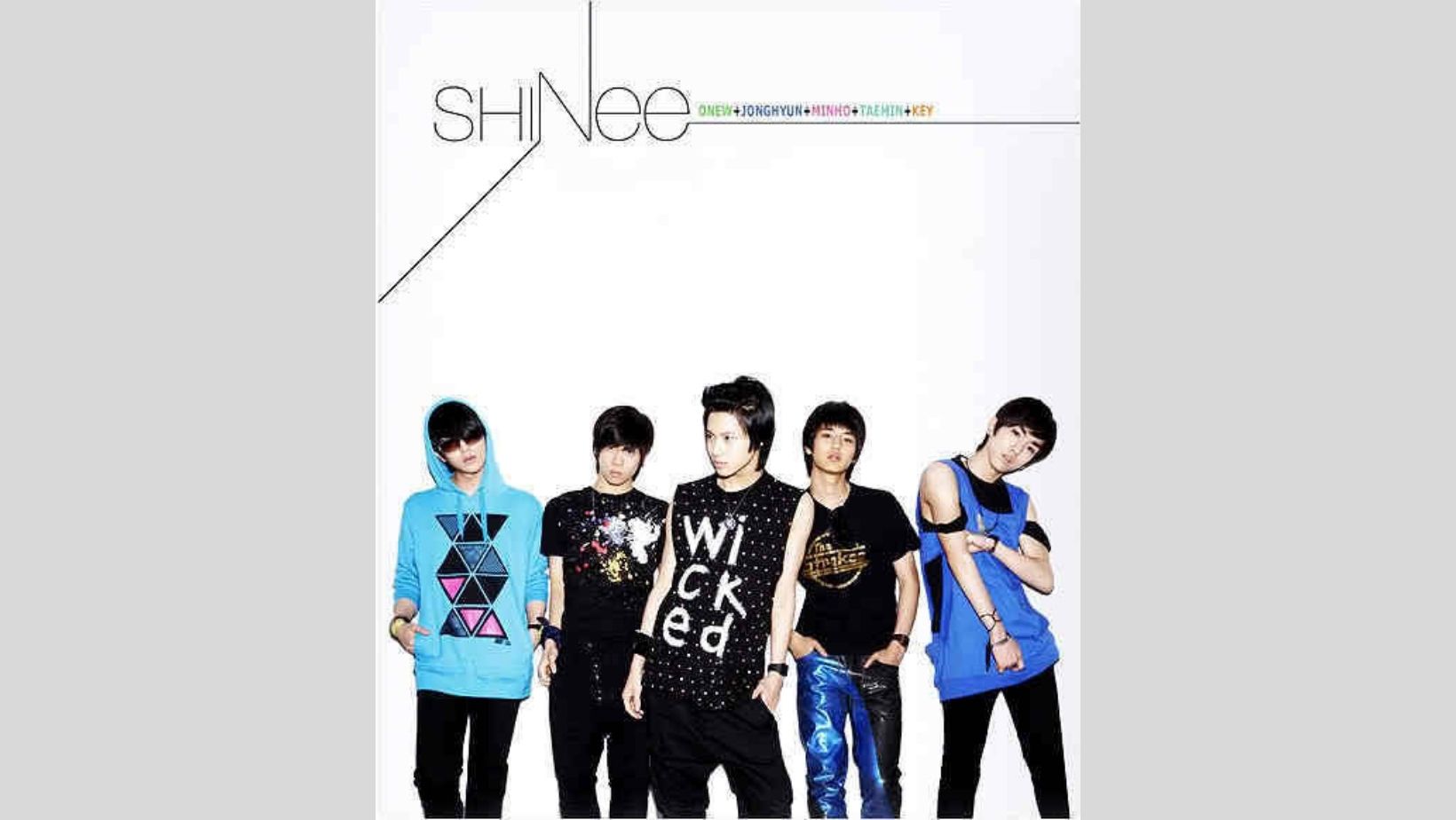Kim Jong-un, 37, is a North Korean politician and has been the Supreme Leader of North Korea since 2011 and the leader of the Workers’ Party of Korea (WPK) since 2012.
While K-pop short for Korean popular music is a genre of music originating in South Korea as part of South Korean culture.
It is influenced by styles and genres from around the world, such as pop, experimental, rock, jazz, gospel, hip hop, R&B, reggae, electronic dance, folk, country, and classical on top of its traditional Korean music roots.
BTS also known as the Bangtan Boys, is a seven-member South Korean boy band that began formation in 2010 and debuted in 2013 under Big Hit Entertainment. They are also a historic Grammy-nominated boyband known worldwide for their hit English-language single Dynamite.
But the Supreme Leader is not impressed and calls it a “vicious cancer” corrupting young North Koreans’ “attire, hairstyles, speeches, behaviors.” State media has warned that if left unchecked, it would make North Korea “crumble like a damp wall.”
Cultural life in North Korea is strictly dictated by the state, but young people across the country have been secretly enjoying k-pop using flash drives snuck across the border.
South Korean pop culture has entered North Korea, where its growing influence has prompted the leader of the totalitarian state, Kim, to declare a new culture war to stop it.
The Times reported that North Korea made new law in December that could give people up to 15 years in a labor camp for consuming South Korean entertainment.
Those caught smuggling the subject into North Korea could face even harsher punishments, including the death penalty. The legislation also calls for people who “speak, write or sing in South Korean style” to face up to two years of hard labor.
The secretive anti-K-pop campaign comes to light after internal documents were smuggled out of the country by Daily NK, a Seoul-based news site.
Jung Gwang-il, a rebel from the north who runs a network that smuggles K-pop into North Korea says “Young North Koreans think they owe nothing to Kim Jong-un. He must reassert his ideological control on the young if he doesn’t want to lose the foundation for the future of his family’s dynastic rule.’”
Jiro Ishimaru, a chief editor from the Japanese website Asia Press International, has been monitoring North Korea’s activities. He said “To Kim Jong-un, the cultural invasion from South Korea has gone beyond a tolerable level. If this is left unchecked, he fears that his people might start considering the South an alternative Korea to replace the North.”
Yoon Mi-so, another rebel from the north, recently told BBC News that when she was just 11 years old, she saw a man being executed for watching a K-Drama.
“I have a strong memory of the man who was blindfolded, I can still see his tears flow down. That was traumatic for me. The blindfold was completely drenched in his tears. They put him on a stake and bound him, then shot him.”
In a survey that Seoul National University’s Institute for Peace and Unification Studies conducted of 116 people who fled North Korea in 2018 or 2019, nearly half said they had “frequently” watched South Korean entertainment while in the North. A current favorite, Jung said, was “Crash Landing on You,”.
This is not the first time Kim has cracked down on so-called anti-socialist tendencies. This past April, the mushroom-haired dictator infamously outlawed mullets and skinny jeans in an attempt to cut off “decadent” Western-style fashion trends.
North Korea recognizes 15 approved haircuts, Yahoo News reported citing an editorial by the North Korean newspaper The Rondong Sinmun.
“We must be wary of even the slightest sign of the capitalistic lifestyle and fight to get rid of them,” the official newspaper of the Central Committee of the Workers’ Party of Korea read.
He also banned T-shirts that featured slogans and nose and lip piercings. Last month a man in North Korea was shot by the firing squad in front of 500 people for illegally selling music and films.
Many North Koreans ignore state instructions to inform on neighbors or family members who watch K-dramas, instead of tipping them off to upcoming raids, The New York Times reported, citing documents smuggled out from the North by Daily NK.
North Korea has been one of the world’s most repressive authoritarian regimes for more than 70 years.
Kim’s family has ruled North Korea since the country was established in 1948 and is respected as being equal with the state itself.







